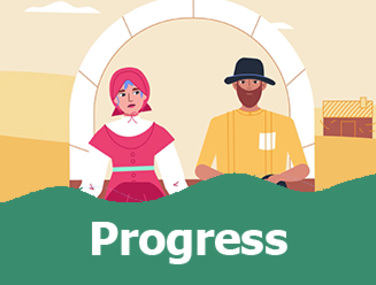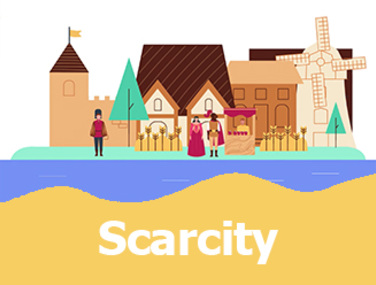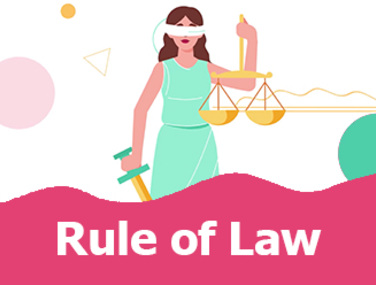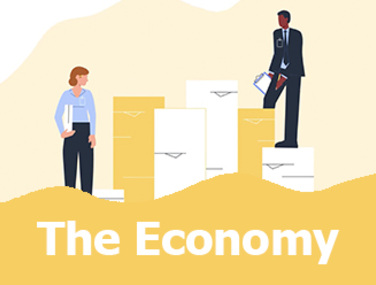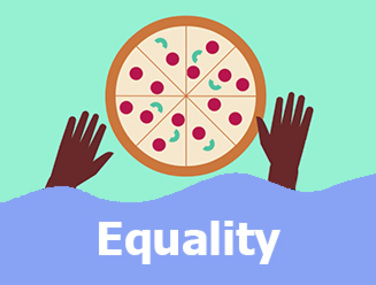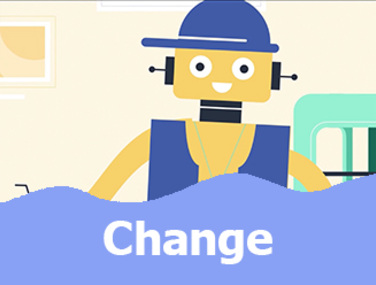Revitalizing American Institutions
Answering Challenges to Advanced Economies

The Building Blocks of Progress
The world today isn’t perfect, but we’ve come a long way in the last 200 years. It didn’t happen by chance. The Building Blocks of Prosperity examines the role governments and individuals have played in delivering this prosperity and asks what must be done to ensure even more progress in the future.


